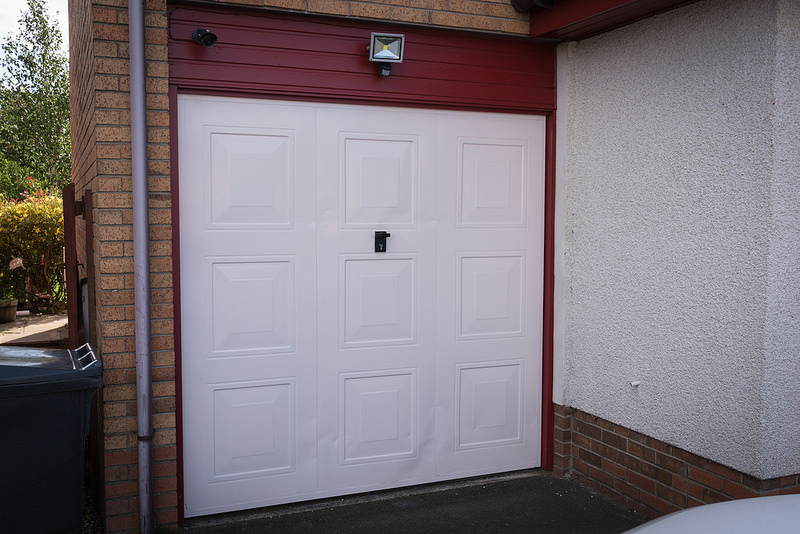| Five years have passed since Jestina Clayton, a native of Sierra Leone, won a court case giving her the right to braid hair in her Utah home without undergoing 2,000 hours of mandatory cosmetology training. You may have thought this piece of good news, now relegated to the dustbins of narrow Google searches and distant memory, means Utah’s economy is much more friendly toward those who just want to work hard and earn a modest living. You would be wrong. |
| | The Institute for Justice, which takes things such as fair competition seriously, has started a new website, occupationallicensing.com, that provides a state-by-state profile of how hard it is to work in certain fields. Utah came in a dismal 12th. That is, to quote the report, Utah is “the 12th most broadly and onerously licensed state and has the 13th most burdensome licensing laws.” Lawmakers ought to pay special attention to this as they prepare for the 2018 session. Sure, the economy here is doing well, but a clear-eyed look at reforming licensing requirements would be an easy and cost-free way to make it even better. In Clayton’s case, she charged customers a fee to come to her Centerville home and receive an African braid she learned in her home country. The cosmetology industry argued that, without a license, she might accidently make people lose their hair. After listening to both sides, U.S. District Judge David Sam ruled the braids had nothing at all to do with cosmetology and that forcing her to go through those licensing requirements was “wholly irrational and a violation of her constitutionally protected rights.” But in the meantime, the state still requires door repair operators, for instance, to have 730 days of training, pay $477 in fees and pass two exams. Door repair operators do pretty much what you imagine they do. They install automatic doors, like the one protecting the stuff in your garage. Fifteen other states don’t even require a license for this. Meanwhile, Utah requires emergency medical technicians to have only 28 days of training and pay $145 for their license. These are the people who pry you out of the mangled mess of your car after an accident, or who assess your injuries before you are transported to a hospital. And that neatly summarizes one of the main problems with occupational licenses. They tend to be completely inconsistent with the job being done. Also, the requirements are different from state to state. Writing in The Atlantic this month, Michelle Cottle put this in perspective. “In theory, such licensing protects consumers from being harmed by incompetent or fraudulent providers,” she wrote. “In practice, however, the process has sprawled far beyond questions of public health and safety, morphing into an onerous, arbitrary, unaccountable mess that, in far too many cases, is less about consumer protection than about economic protectionism.” In other words, it’s about people with jobs trying to control the competition. The way this works, Cottle said, is that a group of workers in a particular field lobby state lawmakers to set up a licensing system, forming a board made up of workers in those fields to oversee the requirements. “It’s not hard to spot the potential conflict here,” she wrote. Certainly, many professions ought to be licensed. But the requirements ought to make sense and be proportionate to requirements in fields where public safety is most at risk. And just as certainly, some professions do not need to be licensed at all. A study a few years ago by professors at Princeton and the University of Minnesota estimated licensing costs 2.8 million potential jobs with an annual cost of $203 billion nationwide. It also found that states requiring certain occupations to be licensed had a 20 percent lower growth rate in those jobs than states that did not require licenses. It follows that consumers paid more for those services in states requiring licenses. Utah lawmakers should start by ordering a study that compares its occupational license requirements with those in other states. Then it should look closely at why the differences exist. They would find hair braiding was little more than a trim off the top of this problem. |


 RSS Feed
RSS Feed

